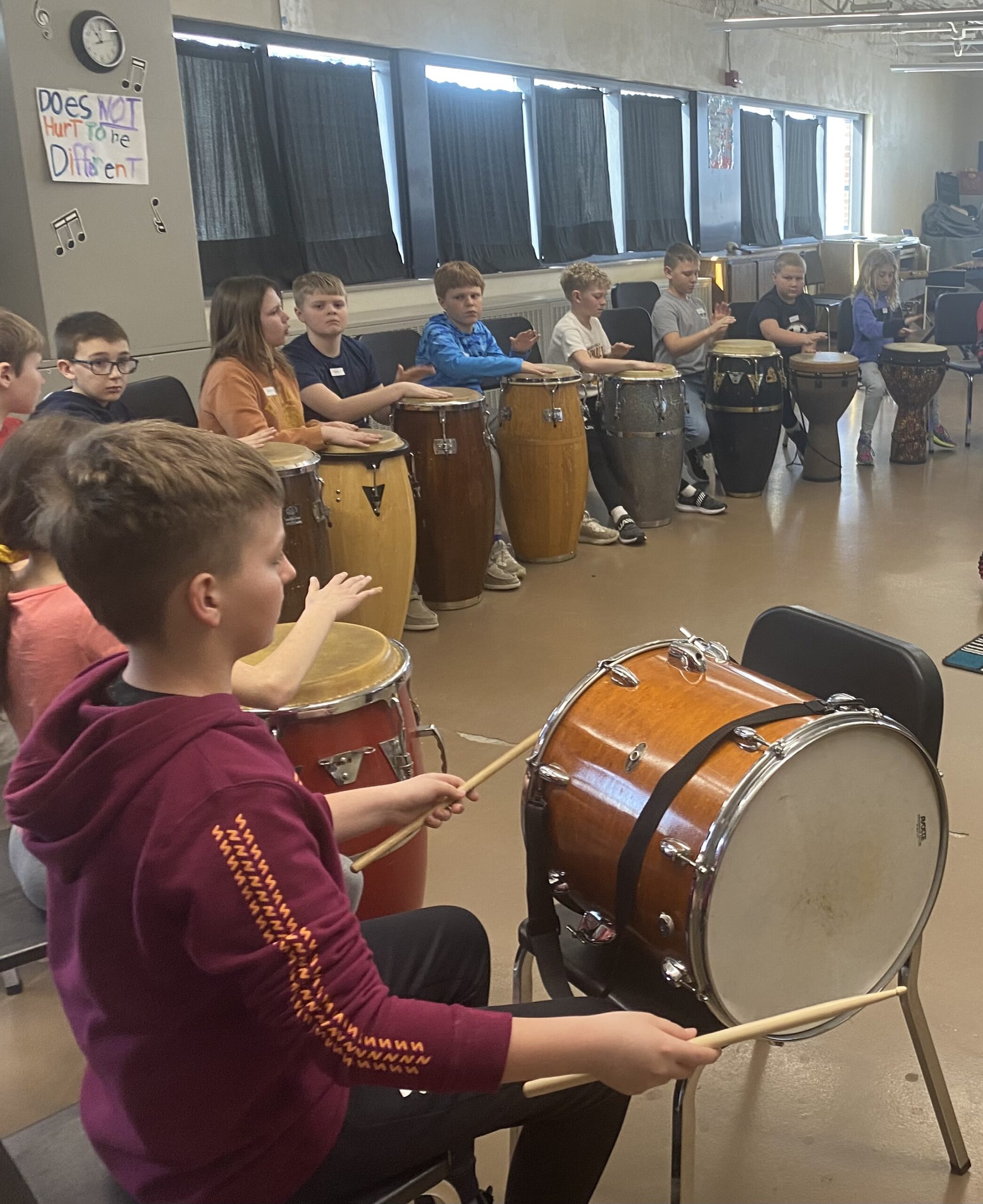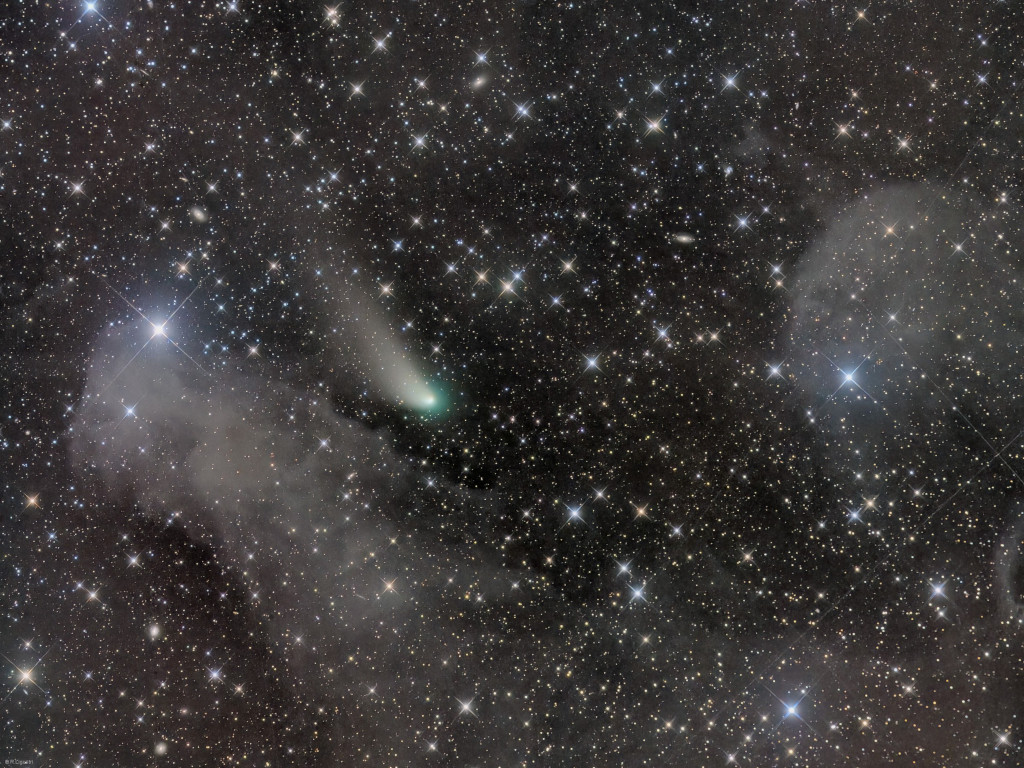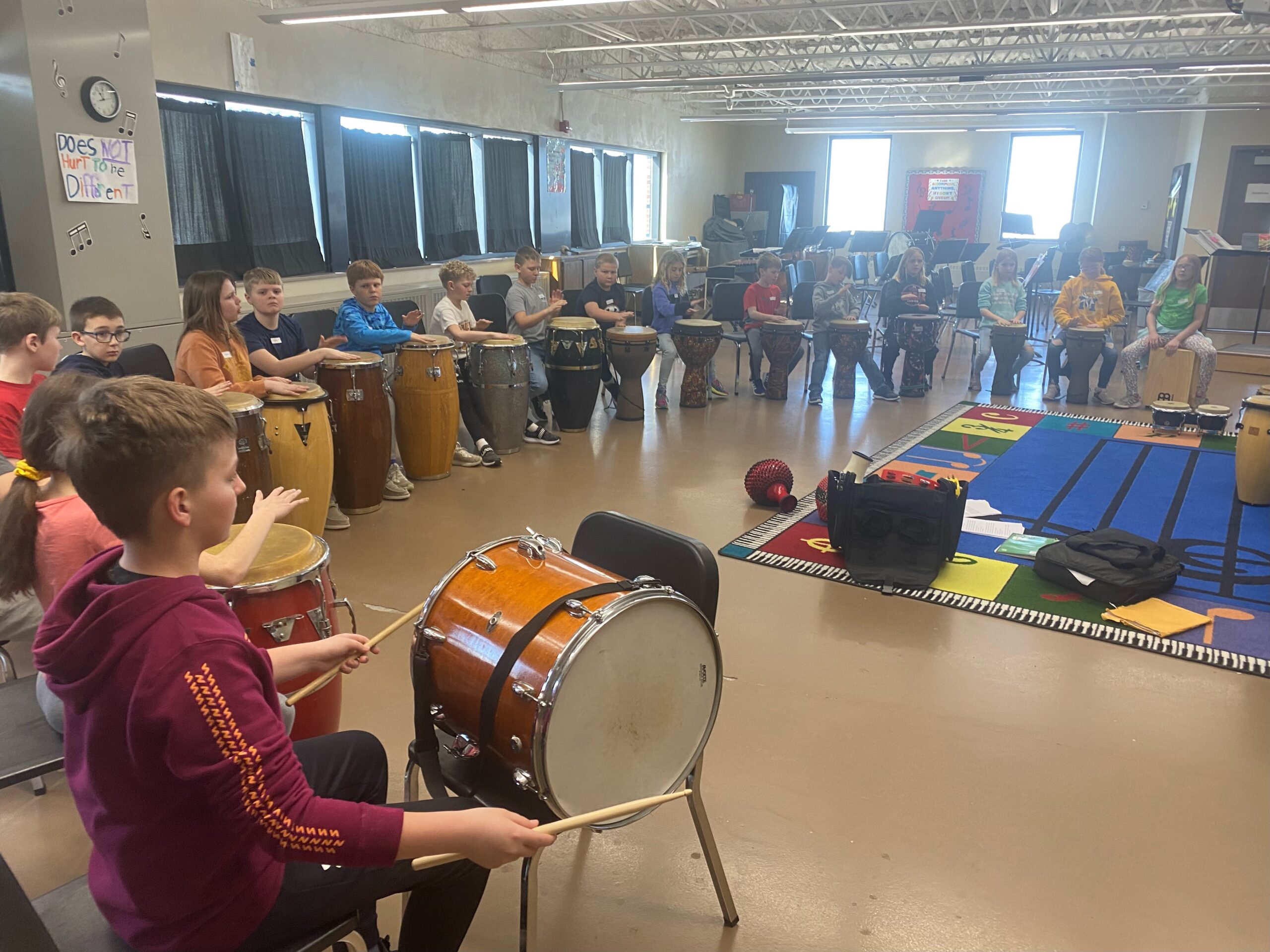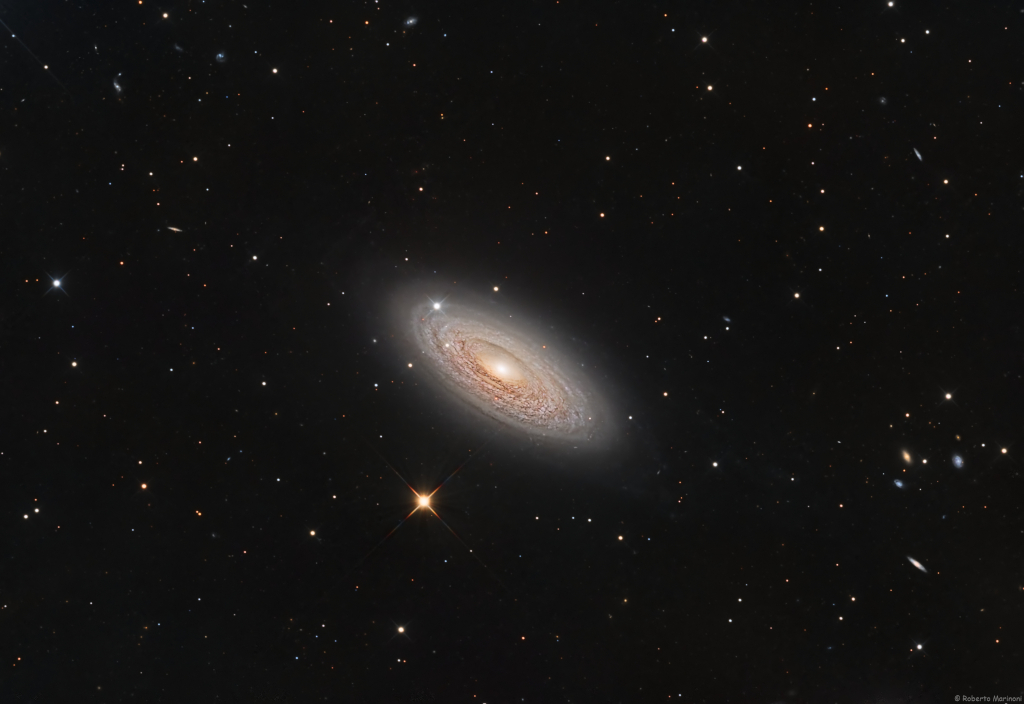Blog
Cecil Percival Taylor (March 25, 1929 – April 5, 2018) was an American pianist and poet.
Taylor was classically trained and was one of the pioneers of free jazz. His music is characterized by an energetic, physical approach, resulting in complex improvisation often involving tone clusters and intricate polyrhythms. His technique has been compared to percussion. Referring to the number of keys on a standard piano, Val Wilmer used the phrase “eighty-eight tuned drums” to describe Taylor’s style. He has been referred to as being “like Art Tatum with contemporary-classical leanings”.
Cecil Percival Taylor was born on March 25, 1929, in Long Island City, Queens, and raised in Corona, Queens. As an only child to a middle-class family, Taylor’s mother encouraged him to play music at an early age. He began playing piano at age six and went on to study at the New York College of Music and New England Conservatory in Boston. At the New England Conservatory, Taylor majored in composition and arranging. During his time there, he also became familiar with contemporary European art music. Bela Bartókand Karlheinz Stockhausen notably influenced his music.
more...Béla Viktor János Bartók ; 25 March 1881 – 26 September 1945) was a Hungarian composer, pianist, and ethnomusicologist. He is considered one of the most important composers of the 20th century; he and Franz Liszt are regarded as Hungary’s greatest composers. Through his collection and analytical study of folk music, he was one of the founders of comparative musicology, which later became ethnomusicology.
more...
The final Rhythm Roots Workshop Residency at Lincoln Elementary in Ivanhoe, MN; down the street from South Dakota. Today is Performance Day and a culmination of the 5 day residency. K-6th grades will perform at 2pm for the community. Their percussion ensembles are called Color Crew, The Rebels, Peanut Butter Band and Do It Perfect. Combining rhythms of Egypt, Algeria, Morocco, Spain, Haiti, Cuba, Trinidad, Dominican Republic, Bulgaria and songs from South Africa, Liberia, Senegal and Nigeria.



more...
Comet C/2022E3 (ZTF) has faded. During its closest approach to our fair planet in early February Comet ZTF was a mere 2.3 light-minutes distant. Then known as the green comet, this visitor from the remote Oort Cloud is now nearly 13.3 light-minutes away. In this deep image, composed of exposures captured on March 21, the comet still sports a broad, whitish dust tail and greenish tinted coma though. Not far on the sky from Orion’s bright star Rigel, Comet ZTF shares the field of view with faint, dusty nebulae and distant background galaxies. The telephoto frame is crowded with Milky Way stars toward the constellation Eridanus. The influence of Jupiter’s gravity on the comet’s orbit as ZTF headed for the inner solar system, may have set the comet on an outbound journey, never to return.

The core of the Tangos is the letra, three or four octosyllabic lines. As with the Bulerías, the the first line is often repeated, and the repeated lines are balanced by a longer consequent phrase.
Before a letra a Tangos may open with a guitar falseta or an estribillo, in which the singer sings a traditional melody with nonsense syllables (“le le le, ni, ni, etc.). The estribillo may return throughout the piece as a chorus after a letra.
Once the letra begins it can be broken up several times with remates performed by the dancer. This usually occurs between the first and second line of the letra, and often occurs more frequently, giving the dance a improvisatory air.
Thus, the letras themselves can be further broken up with remates or escobillas from the dancer or with guitar falsetas. A dancer may also choose to perform a long footwork passage accompanied by compás patterns from the guitarist and palmista (an escobilla performed “a palo seco” or dry, without guitar accompaniment).
As in Bulerías, Tangos can end with a cierre – a closing pattern – that is based on a different set of chords than the letras. The dancer can also perform a cue (llamada) that leads into a traveling exit – a salida.
It’s also common to end certain forms in flamenco with a macho, a transition into a faster, related form. Tangos wiil often end with a brief Rumba Flamenca. Similarly, Tientos will often end with a brief Tangos.
more...Lee Oskar (born 24 March 1948) is a Danish harmonica player, notable for his contributions to the sound of the rock-funk fusion group War, which was formed by Howard E. Scott and Harold Brown, his solo work, and as a harmonica manufacturer. He continues to play with 3 other original War band members, Harold Brown, Howard Scott and B.B. Dickerson, under the name LowRider Band.
Born in Copenhagen, Denmark in 1948, Oskar was six years old when a family friend gave him his first harmonica. “I came from an area where every kid on the block had a harmonica”, he remembers. He grew up listening to Danish radio, enjoying all types of music and cites Ray Charles as the biggest influence from that period. When he was 17, Oskar decided that the United States was where a harmonica player should make his career. So he moved to New York at the age of 18 with little more than a harmonica in his pocket. With no money, Oskar played harmonica in the streets of New York. Eventually arriving in Los Angeles, via Toronto and San Francisco, Oskar soon met and joined forces with Eric Burdon who had recently disbanded The Animals and was searching for new collaborators.
more...Steve Kuhn (born March 24, 1938) is an American jazz pianist, composer, arranger, bandleader, and educator.
Kuhn was born in New York City, New York, to Carl and Stella Kuhn (née Kaufman), and was raised in Newton, Massachusetts. His parents were Hungarian-Jewish immigrants. At the age of five, he began studying piano under Boston piano teacher Margaret Chaloff, mother of jazz baritone saxophonist Serge Chaloff, who taught him the “Russian style” of piano playing. At an early age he began improvising classical music. As a teenager, he appeared in jazz clubs in the Boston area with Chet Baker, Coleman Hawkins, Vic Dickenson, and Serge Chaloff.
After graduating from Harvard, he attended the Lenox School of Music where he was associated with Ornette Coleman, Don Cherry, and Gary McFarland. The school’s faculty included Bill Evans, George Russell, Gunther Schuller, and the members of the Modern Jazz Quartet. This allowed Kuhn to play, study, and create with some of the most forward-thinking innovators of jazz improvisation and composition; it culminated with his joining trumpeter Kenny Dorham‘s group for an extended time and (briefly) John Coltrane‘s quartet at New York’s Jazz Gallery club.
more...Boogie Bill Webb (March 24, 1924 – August 22, 1990) was an American Louisiana blues and rhythm-and-blues guitarist, singer and songwriter. His music combined Mississippi country blues with New Orleans R&B. His best-known recordings are “Bad Dog” and “Drinkin’ and Stinkin'”. Despite a lengthy (albeit intermittent) career, Webb released only one album.
Webb was born in Jackson, Mississippi. His got his first guitar at the age of eight, made from a cigar box and strung with screen wire. His greatest influence was Tommy Johnson. With a real guitar obtained when he was a teenager, he won a talent show in 1947. He subsequently appeared briefly in the musical film The Jackson Jive. He moved to New Orleans in 1952.
more...The 4th day of a Rhythm Roots Workshop Residency at Lincoln Elementary in Ivanhoe, MN on the South Dakota boarder. Mounting performances for our exciting concert tomorrow at 2pm. K thru 6th grades will perform rhythms from around the world and sing and chant a Celebration of Diversity.

A mere 46 million light-years distant, spiral galaxy NGC 2841 can be found in planet Earth’s night sky toward the northern constellation of Ursa Major. This sharp image centered on the gorgeous island universe also captures spiky foreground Milky Way stars and more distant background galaxies within the same telescopic field of view. It shows off the bright nucleus of NGC 2841, along with its inclined galactic disk, and faint outer regions. Dust lanes, small star-forming regions, and young star clusters are embedded in the galaxy’s patchy, tightly wound spiral arms. In contrast, many other spirals exhibit broader, sweeping arms with large star-forming regions. NGC 2841 has a diameter of over 150,000 light-years, making it even larger than our own Milky Way. X-ray images suggest that extreme outflows from giant stars and stellar explosions create plumes of hot gas extending into a halo around NGC 2841.

Yvette Marie Stevens (born March 23, 1953), better known by her stage name Chaka Khan is an American singer. Her career has spanned more than five decades, beginning in the 1970s as the lead vocalist of the funk band Rufus. Known as the “Queen of Funk“, Khan was the first R&Bartist to have a crossover hit featuring a rapper, with “I Feel for You” in 1984. Khan has won ten Grammy Awards and has sold an estimated 70 million records worldwide.
With Rufus, she achieved four gold singles, four gold albums, and two platinum albums. In the course of her solo career, Khan achieved three gold singles, three gold albums, and one platinum album with I Feel for You. She has collaborated with Steve Winwood, Ry Cooder, Robert Palmer, Ray Charles, Quincy Jones, Guru, Chicago, De La Soul, Mary J. Blige, among others. In December 2016, Billboard magazine ranked her as the 65th most successful dance club artist of all time. She was ranked at No. 17 in VH1‘s original list of the 100 Greatest Women of Rock & Roll. Khan has been nominated for induction into the Rock and Roll Hall of Fame three times as a solo artist and four times as a member of Rufus featuring Chaka Khan; the first time in 2012 as a member of Rufus.
Yvette Marie Stevens was born on March 23, 1953, into an artistic, bohemian household in Chicago, Illinois. The eldest of five children born to Charles Stevens and Sandra Coleman, she has described her father as a beatnik and her mother as “able to do anything”. She was raised in the Hyde Park area, “an island in the middle of the madness” of Chicago’s rough South Side housing projects. Her sister Yvonne later became a successful musician in her own right, under the name Taka Boom. Her only brother, Mark, who formed the funk group Jamaica Boys and was a member of Aurra, also became a successful musician. She has two other sisters, Zaheva Stevens and Tammy McCrary.
more...David Samuel Pike (March 23, 1938 – October 3, 2015) was an American jazz vibraphone and marimbaplayer. He appeared on many albums by Nick Brignola, Paul Bley and Kenny Clarke, Bill Evans, and Herbie Mann. He also recorded extensively as leader, including a number of albums on MPS Records.
He learned drums at the age of eight and was self-taught on vibraphone. Pike made his recording debut with the Paul Bley Quartet in 1958. He began putting an amplifier on his vibes, when working with flautist Herbie Mann in the early-1960s. By the late-1960s, Pike’s music became more exploratory, contributing a unique voice and new contexts that pushed the envelope in times remembered for their exploratory nature. The Doors of Perception, released in 1970 for the Atlantic Records subsidiary Vortex Records, and produced by former boss Herbie Mann, explored ballads, modal territory, musique concrète, with free and lyrical improvisation, and included musicians including alto saxophonist Lee Konitz, bassist Chuck Israels and pianist Don Friedman.
more...Iverson Minter (March 23, 1932 – February 25, 2012), known as Louisiana Red, was an American blues guitarist, harmonica player, and singer, who recorded more than 50 albums. He was best known for his song “Sweet Blood Call”.
Born in Bessemer, Alabama, Minter lost his parents early in life; his mother died of pneumoniashortly after his birth, and his father was lynched by the Ku Klux Klan in 1937. He was brought up by a series of relatives in various towns and cities. Red recorded for Chess in 1949, before joining the Army. He was trained as a parachutist with the 82nd Airborne and was sent to Korea in 1951. The 82nd Airborne was not deployed as a complete unit in Korea, but soldiers from this unit were dispatched as Rangers in the 2nd, 3rd and 7th Infantry Divisions. Minter said he was assigned to the 3rd Infantry Division.
more...Granville Henry “Stick” McGhee (March 23, 1918 – August 15, 1961) was an American jump bluesguitarist, singer and songwriter, best known for his blues song “Drinkin’ Wine, Spo-Dee-O-Dee”, which he wrote with J. Mayo Williams
McGhee was born in Knoxville, Tennessee, and grew up in Kingsport, Tennessee. He received his nickname when he was a child. He used a stick to push a wagon carrying his older brother Brownie McGhee, who had contracted polio. Granville began playing the guitar when he was thirteen years old. After his freshman year he dropped out of high school and worked with his father at the Eastman Kodak subsidiary, Tennessee Eastman Company in Kingsport. In 1940, Granville quit his job and moved to Portsmouth, Virginia, and then to New York City. He entered the military in 1942 and served in the U.S. Army during World War II. After being discharged in 1946, he settled in New York.
more...“I believe that the moment is near when by a procedure of active paranoic thought, it will be possible…to systematize confusion and contribute to the total discrediting of the world of reality.”
Salvador Dali, 1930

More Posts
- No ICE
- Cosmo M1
- Mahmoud Ahmed
- Keith Jarrett
- Mary Lou Williams
- Robert Johnson
- World Music Kevin Qamaniq-Mason
- Daily Roots Montana
- The Drummers Path
- Bumble Bee Slim
- KARIBUNI Benedictine Living New Brighton performance
- Cosmo M81/82
- Bill Kreutzmann
- Jimmy Ruffin
- Nexhmije Pagarusha
- Pyotr Ilyich Tchaikovsky
- Johannes Brahms
- World Music Western Jazz Band
- Daily Roots Sir P.J.
- MAYDAY 2025 Congero